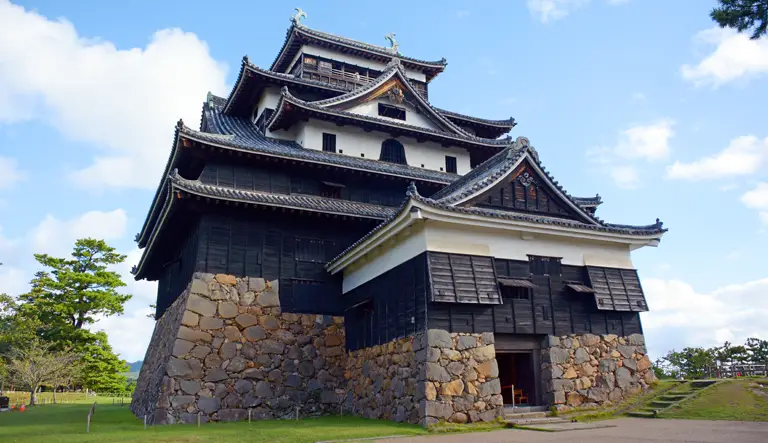Hidden away in the lesser-known corners of Japan lies Shimane Prefecture, an area steeped in history and natural beauty, yet often overlooked by international tourists. While Tokyo claims the spotlight, attracting over 50% of visitors in 2024, according to Statista.com, Shimane remains an unspoiled gem for those seeking to discover a more tranquil, authentic side of Japan. A mere 0.2% of international travelers venture here, making it an ideal retreat for explorers craving the road less traveled.
Nestled 600 kilometers west of Tokyo is Shimane’s capital, Matsue, a city that quietly guards one of Japan’s most precious historical treasures—Matsue Castle. Unlike the reconstructed castles often found in Japan, Matsue Castle is one of only 12 remaining original feudal fortresses. In 2015, it was honored as a National Treasure, a title granted to just five castles across the country, cementing its importance in Japan’s rich cultural landscape.
The history of Matsue Castle dates back to 1607, when feudal lord Horio Yoshiharu began its construction during the early Edo period. The towering structure was completed in 1611, not just as a symbol of power but as a meticulously planned defense system, surrounded by intricate moats and strategic roadways designed to deter invaders. Despite the modernization wave of the Meiji era, which saw many historical structures dismantled, Matsue Castle largely survived, preserving its original essence. Today, it stands as Japan’s second-largest original castle, the third-tallest, and one of the oldest, offering visitors a glimpse into an era of samurai and shoguns.
Perched on a hill with panoramic views of Matsue and Lake Shinji, Matsue Castle offers more than just an architectural marvel. Visitors are greeted by its towering presence long before they reach the castle grounds. The stone walls, wooden beams, and intricate design reflect the craftsmanship of centuries past. Inside, the atmosphere is immersive—silent, except for the soft creak of wooden floors underfoot. The interior’s narrow windows and gun slots, once vital for defense, now create dramatic shafts of light that enhance the castle’s quiet, solemn ambiance.
Beyond the castle itself, Matsue boasts a rich cultural heritage. Known as the “City of Water” due to its abundance of lakes and rivers, it offers boat tours that take visitors around the castle moats and nearby canals. The city is also famed for its tea culture, which dates back to the Edo period, with traditional tea ceremonies still held in the tranquil gardens that surround the castle.
For travelers seeking an off-the-beaten-path experience, Matsue and its majestic castle offer a rare opportunity to step back in time and immerse themselves in the timeless beauty of feudal Japan. Away from the bustling streets of Tokyo, Shimane invites visitors to slow down, take in the serene landscapes, and discover a part of Japan that few have seen.






